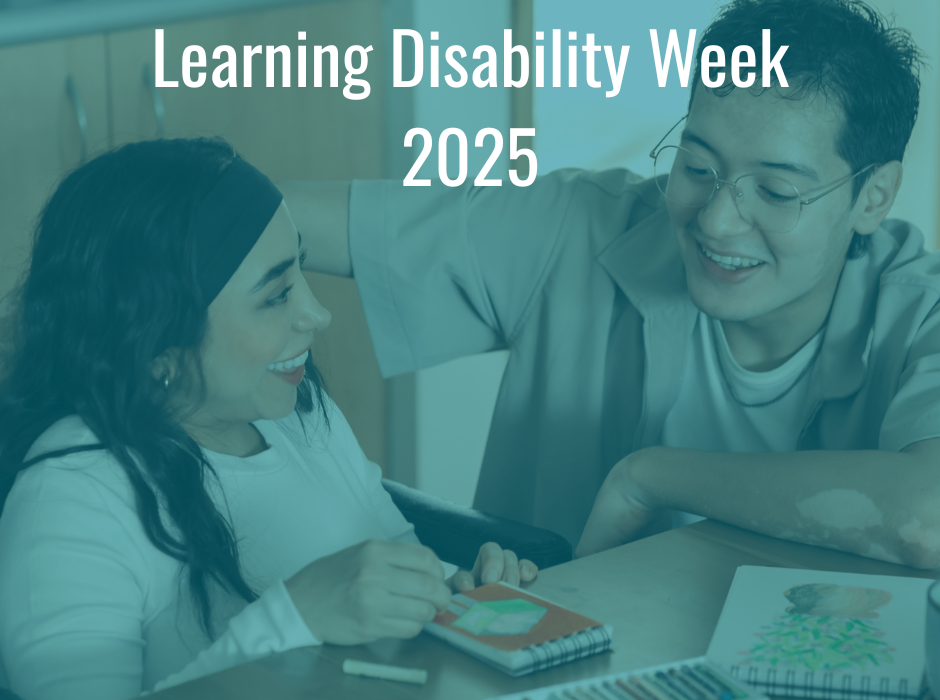This Learning Disability Week we’re asked: ‘Do you see me?’
People who rely on social care support services often need help with everyday basics, such as washing and dressing, preparing and eating their meals, medication and personal care. They often also need help to get out and be engaged and visible in their community, but more and more people are seeing their support budgets cut to only cover ‘essential’ care. For too many people, we can’t see them, because they don’t have the support they need to get out and be seen in their community.
| Ian’s story Ian shares his home with a flatmate, who also receives support. Rather than allocating support to Ian and his flatmate separately, the local authority funds core hours for the household. This means that more often than not, Ian is not able to receive the 1:1 support that he prefers, as he has to share his support time with his flatmate. This is a particular challenge when it comes to leaving the flat and being active in the community. Ian and his flatmate might not agree on what they want to do, when or even if they want to go out. Getting out and keeping busy are important to Ian, but his flatmate doesn’t enjoy going out as much as he does. Often, this means that Ian can’t go out and do the things that make life meaningful to him – be it going to the cinema, spending time outdoors, or seeing friends. This was really hard for Ian. He has felt anxious and angry, frustrated and disappointed, excluded and isolated. Understandably, Ian has presented verbal and physical behaviours of concern, impacting on his support staff, his flatmate and also his own physical and mental health. Ian’s staff team and guardian worked with his local authority to get 14 hours of additional funding which was intended to help Ian spend time in the community with 1:1 support. However, when Ian’s flatmate moved out, the shared core hours were cut, and most of that additional funding was lost. |
Ian is being failed by our social care system. We believe that social care is about more than getting people up and dressed and fed and medicated; it’s about giving people what they need to live their life on their terms. We know how loneliness and isolation impacts on our mental and physical health, and our quality of life – social support IS essential support.
The Independent Review of Adult Social Care in Scotland highlighted the need for a new narrative for social care and support. Instead of viewing social care as:
- A financial burden
- A crisis response
- A service that people passively receive
We should see social care as a means to an end – a means to achieving people’s human rights, to ensuring people’s wellbeing, their ability to live independently, and to be equal. We can do this by:
- Viewing social care as an investment in society and the economy
- Amplifying the voices of people requiring support – including accountability for local authorities to deliver on Self Directed Support
- Adopting a human rights approach to social care
We have not yet delivered on this promise. Until we do, until we expect more from our social care system and invest accordingly, people like Ian will remain isolated and excluded. They might be living in our community, but they are prevented from being a part of our community. We still can’t see them.

